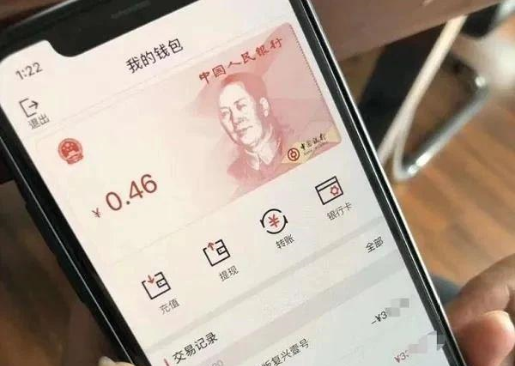
Benn Steil, Director of International Economics, Council on Foreign Relations
Aug 25, 2023
At the end of World War II, the United States accounted for more than half the world’s economic output and gold reserves. The United Kingdom was effectively bankrupt, with the remnants of the sterling area bound together by capital and trade controls. Once the British pound became convertible in July 1947, owing to US insistence, it succumbed to overwhelming selling pressure. The dollar, which was pegged to gold at $35 an ounce, was buoyed by America’s privileged position within the newly formed International Monetary Fund and quickly established itself as the bedrock of global trade and finance.

Dan Steinbock, Founder, Difference Group
May 19, 2023
The multipolarization of the global reserve currency system is accelerating. Ironically, Western sanctions against Russia have intensified the move away from the U.S. dollar.
Zhang Monan, Deputy Director of Institute of American and European Studies, CCIEE
Dec 22, 2022
As the internationalization of currencies in emerging economies advances, a multipolar monetary system will result. Look for an international monetary system characterized not by a single currency alone but by multiple players.
Christopher A. McNally, Professor of Political Economy, Chaminade University
Sep 30, 2022
China’s economic troubles in 2022, exacerbated by zero-COVID regulations and stiff barriers for travel and exports, have caused consumer demand to hit a new low. The digital yuan, the first centrally backed crypto token, could be the solution Beijing needs to restore consumer trust in their economy.
Nicola Casarini, Senior Fellow, Istituto Affari Internazionali
Jun 30, 2022
Europe has taken a strategic stance when it comes to its relationship with the U.S. and with China. While the U.S. has strengthened ties with its European allies to contain China, Europe also supports China’s monetary ambitions regarding the RMB.

Christopher A. McNally, Professor of Political Economy, Chaminade University
Feb 20, 2022
China’s digital yuan soft launched during the Beijing Winter Olympics, ushering in a new era of financial institutions. Already a leader in digital payment infrastructure, China’s ambition to solidify the digital yuan’s use will change how an already robust ecosystem operates.

Shang-Jin Wei, Professor, Finance and Economics at Columbia University
May 12, 2021
While many central banks are still investigating the possibility of issuing a digital currency, China has rolled out a digital currency via a series of pilot programs since last year.
Christopher A. McNally, Professor of Political Economy, Chaminade University
Apr 29, 2021
China is working to assert itself as a global leader in digital currency through the implementation of the digital yuan. The results of this could unravel the global financial system at worst, but at best, could establish a global infrastructure with equal monetary anchors.

Christopher A. McNally, Professor of Political Economy, Chaminade University
Mar 03, 2021
China’s state-backed digital currency has the potential to reshape global financial markets and could revolutionize money for good.

Joel A. Gallo, CEO, Columbia China League Business Advisory Co.
Nov 10, 2020
The People’s Bank of China is pressing forward with a digital yuan, which leaves China’s digital currency plans significantly ahead of western nations’. While the U.S dollar has dominated global trade since WWII, the yuan, whether digital or analog, will have a leading role in challenging the hegemony of the dollar.